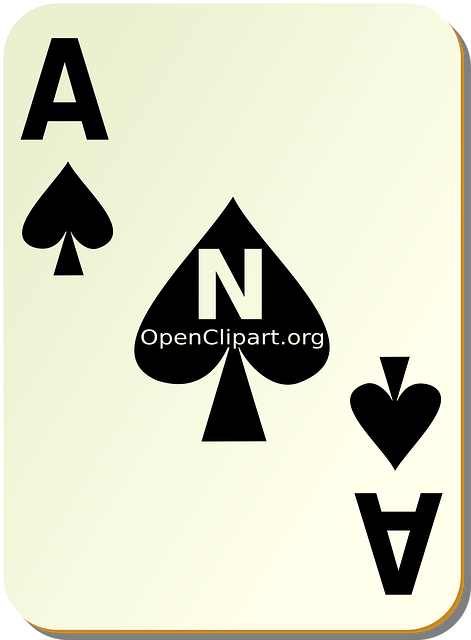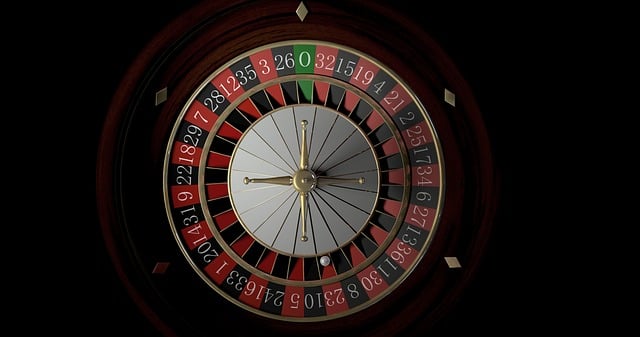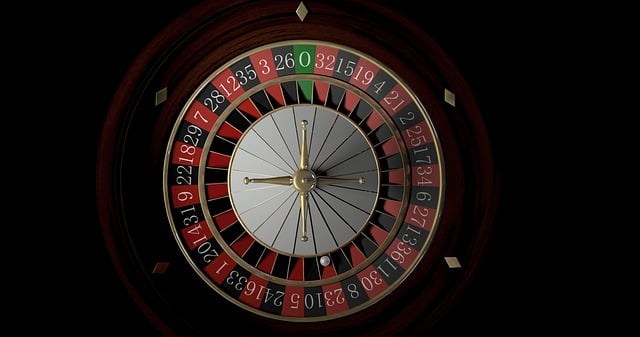The Gambling Laws EU establish a dual regulatory system prioritizing citizen protection and fair gaming across member states, covering online gambling, sports betting, and casino games. This framework allows for both centralized and decentralized control, with individual countries adhering to EU directives on licensing, data security, and problem gambling prevention while retaining jurisdiction. Key bodies like the European Commission and national regulators, such as the UK Gambling Commission or Dutch Gaming Authority, collaborate to enforce these laws, ensuring a safe, inclusive, and compliant gaming environment throughout the EU market.
“Gambling laws within the European Union (EU) are a complex web of regulations, shaped by both common principles and unique national interpretations. This article offers an in-depth overview of the gambling landscape across the EU, exploring key bodies governing a sector that’s seen significant digital transformation.
We analyze the current state of play, highlighting consistency issues among member states, while delving into crucial components like licensing procedures, player protection, and fairness standards. Furthermore, we examine recent developments, emerging trends, and potential future reforms shaping the dynamic EU gaming market.”
- Overview of Gambling Regulations Within the EU
- – General framework and jurisdiction
- – Key bodies governing gambling laws
Overview of Gambling Regulations Within the EU

The Gambling Laws EU are a comprehensive set of regulations designed to govern and standardize gambling activities across all member states. These laws aim to protect citizens, ensure fair play, and promote responsible gaming within the European Union. The EU’s regulatory framework is unique in its approach, allowing for both centralized and decentralized control, where individual countries can adapt and implement their own specific standards while adhering to overarching EU directives.
This dual system enables a diverse range of gambling options while maintaining consistency across borders. Online gambling, sports betting, casino games, and lottery services are all subject to these laws, ensuring consumer protection and responsible operators. The Gambling Laws EU emphasize transparency, licensing, age restrictions, problem gambling prevention, and the fair treatment of players, creating a safe and inclusive environment for European citizens to engage in their preferred gaming activities.
– General framework and jurisdiction

The Gambling Laws EU set a comprehensive regulatory framework for the gaming industry within the European Union, ensuring consumer protection and fair competition. Each member state has its own jurisdiction over gambling activities, but they must align with the EU’s regulations to maintain a unified market. This means while individual countries have varying levels of control over online and offline gambling, they are bound by EU directives that cover essential areas like licensing, data protection, and problem gambling prevention.
The EU’s legal framework aims to balance economic freedom with the need to protect citizens from potential harms associated with gambling. As a result, member states implement national laws and authorities to oversee licensed operators, ensuring compliance with these standards across the entire EU market. This coordination allows for a seamless gaming experience while maintaining fairness and security for all participants.
– Key bodies governing gambling laws

The Gambling Laws EU are overseen by several key bodies that work collaboratively to ensure consistency and fairness across member states. The European Commission plays a pivotal role, proposing legislation and directing the overall regulatory framework. This includes directives such as the Remote Gambling Directive (2019/6) which sets out essential requirements for online gambling operations within the EU.
Additionally, each EU country has its national regulatory bodies responsible for implementing and enforcing these laws. These include entities like the UK Gambling Commission in the United Kingdom, or the Dutch Gaming Authority in the Netherlands. They monitor local gaming markets, license operators, and investigate any breaches of gambling regulations, ensuring that both land-based and online casinos adhere to the Gambling Laws EU standards.
The Gambling Laws EU provide a complex yet essential framework that regulates the gaming industry across member states. Understanding this regulatory landscape is crucial for businesses and individuals navigating the European market. Key bodies, such as the European Commission and national gambling authorities, play vital roles in ensuring fair competition, consumer protection, and the prevention of illegal gambling. As the industry continues to evolve, a dynamic approach to these laws will be necessary to foster innovation while maintaining regulatory integrity.






